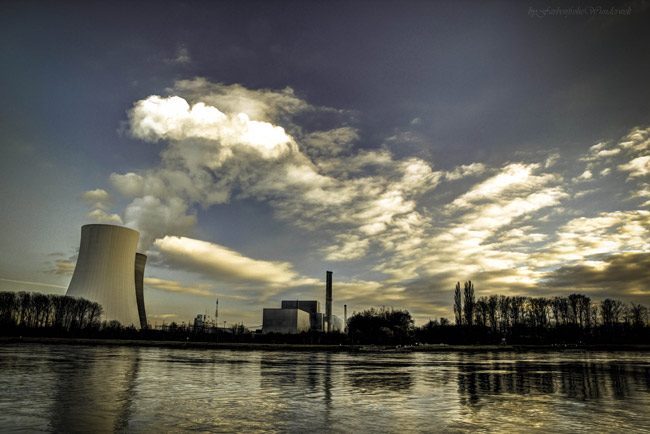
Florida Power & Light got approval Thursday from state regulators to defer collecting money from customers for a year on plans to build a pair of nuclear reactors in Miami-Dade County.
The approval from the Public Service Commission is expected to knock 34 cents off the typical monthly bill of a residential customer who uses 1,000 kilowatt hours of electricity, according to a release from the Juno Beach-based utility.
Overall, the deferral will save customers $22 million next year. FPL had earlier filed a request to collect the money under a controversial law that allows power companies to bill ratepayers for nuclear projects that are in the planning stages and may never be completed.
The deferral came as the company’s separate request for a base-rate increase, which could hit 22.6 percent over three years, is scheduled to be heard by the commission next month.
Jessica Cano, an attorney for FPL, said the deferral doesn’t change the company’s plans to build the reactors at the Turkey Point complex in Miami-Dade County.
“We continue to work to obtain all the necessary federal and state and local approvals for future construction, and we expect that work to continue in 2016 and into 2017,” Cano said.
Cano added that the waiver request was “an acknowledgement that we’re nearing the end of the licensing process.”
The company anticipates next year receiving a federal license needed for construction, she said.
In its vote Thursday, the commission ended the need for a hearing this year to consider the amount of nuclear-project costs that can be passed along to FPL customers.
Through the nuclear-cost recovery program, FPL has collected more than $280 million since 2008 to design and secure government licenses for the reactors.
The deferral also technically replaced an FPL request for a waiver from filing an annual feasibility analysis on building the reactors.
The next analysis is now expected to be completed in the first quarter of 2017.
The waiver proposal had drawn opposition from attorneys for consumers, the city of Miami and business and environmental groups, who said FPL should be required to continue show the project is feasible.
Most of the opposition was lifted with the request to delay the nuclear-cost recovery fees for a year. But the Florida Industrial Power Users Group, a business organization that frequently intervenes in utility cases, has argued that the annual analysis should be filed this year to show the company’s commitment to completing the project.
The latest timeline indicated the new units could be in service in 2027 and 2028.
FPL hasn’t revised its timeline for construction, but Cano said it would be “reasonable to assume” that with the deferral, the timeline would be simply pushed back one year.
–Jim Turner, News Service of Florida





























Leave a Reply